
Doctor warns popular food has 'overtaken tobacco' as leading cause of premature death

Ultra-Processed Foods Are Being Consumed Worldwide – And They Might Be More Dangerous Than Tobacco
In today’s fast-evolving health landscape, it seems like every week brings a new warning about something that could be harming our bodies—from microplastics in our meals to the long-term effects of vaping. And now, according to one medical expert, a food category we all know and likely consume regularly is being blamed for more premature deaths than tobacco.
Dr. Chris van Tulleken, a physician and infectious disease expert, has issued a powerful warning about ultra-processed foods (UPFs), a class of products that have become staples in households across the globe. Alongside his twin brother, Dr. Xand van Tulleken, Chris co-hosts the BBC podcast What’s Up Docs?, where they explore ways to improve public health by unpacking the risks of modern eating habits.
Speaking with entrepreneur Steven Bartlett on The Diary of a CEO podcast, Dr. van Tulleken emphasized just how misunderstood and hazardous ultra-processed foods really are. Drawing from his book Ultra-Processed People, he explained how these products—despite their convenience and popularity—pose serious risks to human health and even to the planet.
“For a very long time, we’ve been confused about what to eat,” he said. “We’ve labeled these harmful products as ‘junk food’ or simply ‘processed food,’ focusing on fat, salt, and sugar. But we didn’t have a proper way to define or track them, even as diet-related disease became a global epidemic.”
So, what exactly are ultra-processed foods? They include many frozen ready meals, packaged snacks, sugary cereals, fizzy drinks, and fast food items. These products are heavily industrialized, typically containing large amounts of added sugars, trans fats, artificial flavorings, colorings, preservatives, and virtually no whole or natural ingredients. Often, they also contain harmful substances formed during processing, such as acrylamides and other chemical compounds that can increase disease risk.
According to Dr. van Tulleken, “A poor diet—especially one dominated by ultra-processed foods—has now surpassed tobacco as a leading cause of early death across the world. It’s affecting not just humans but also farmed animals and even wildlife.”
Beyond health implications, the environmental impact of UPFs is just as alarming. Their mass production is one of the top drivers of biodiversity loss and plastic pollution. It’s also the second-largest contributor to global carbon emissions, trailing only behind the fossil fuel industry.
“These foods are engineered to be addictive, to override satiety, and to be consumed in large quantities,” he added. “This isn’t just about weight gain—these foods are linked to heart disease, diabetes, cancers, depression, and cognitive decline. They’re shaping a global health crisis.”
Interestingly, Dr. van Tulleken notes that some of the most compelling research into the impact of UPFs is coming out of Central and South America. These regions, where obesity was nearly nonexistent a few decades ago, are now facing soaring public health problems directly tied to the introduction of Western-style ultra-processed diets.
“The only major change in these areas was the sudden availability and marketing of American-style processed foods. That’s it,” he said. “Since the term ‘ultra-processed food’ was coined in 2009–2010, we’ve had over a decade of solid evidence linking these foods to widespread health damage.”
A 2019 study published in the British Medical Journal found that individuals with a higher intake of ultra-processed foods had a noticeably increased risk of early mortality—even higher than those caused by cardiovascular disease or cancer. The research made it clear: a diet high in UPFs doesn’t just impact waistlines, it drastically reduces lifespan.
In light of this, Dr. van Tulleken is calling for a global rethink. He urges governments and consumers to reconsider what’s truly “normal” when it comes to food. Rather than focusing only on calories or fat content, we need to ask deeper questions about where our food comes from and how it’s made.
He’s also advocating for clearer labeling and public education, emphasizing that the issue isn’t personal failure or lack of willpower, but rather an industrial system designed to exploit human biology and maximize corporate profits.
Key Takeaway:
Ultra-processed foods are everywhere. They’re cheap, tasty, and convenient—but they’re also deadly. According to medical experts, they now pose an even greater threat to public health than tobacco. The shift to a diet dominated by these foods is not just a modern convenience—it may be the root of our global health crisis.
News in the same category


10 Reasons Ramen Noodles Are Bad For You (and How to Make Them Healthy)

101-Year-Old Doctor Is Still Driving, Shares His 7 Tips For A Long Life
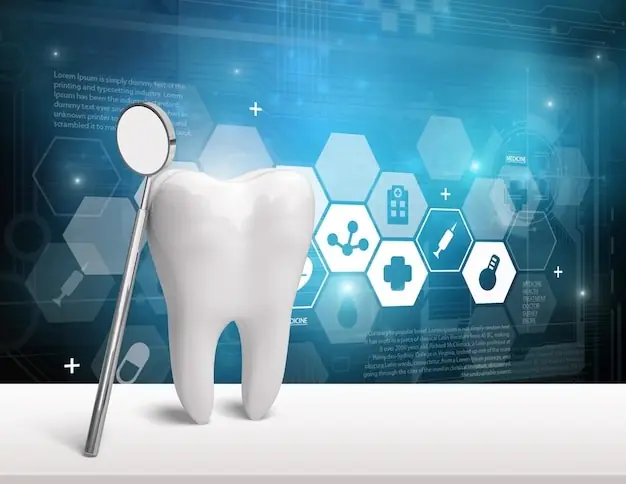
Lab-grown teeth might become an alternative to fillings following research breakthrough
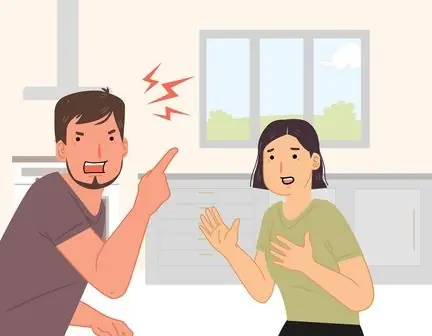
15 Surprising Things Men Say Make Women Seem Older Than They Are
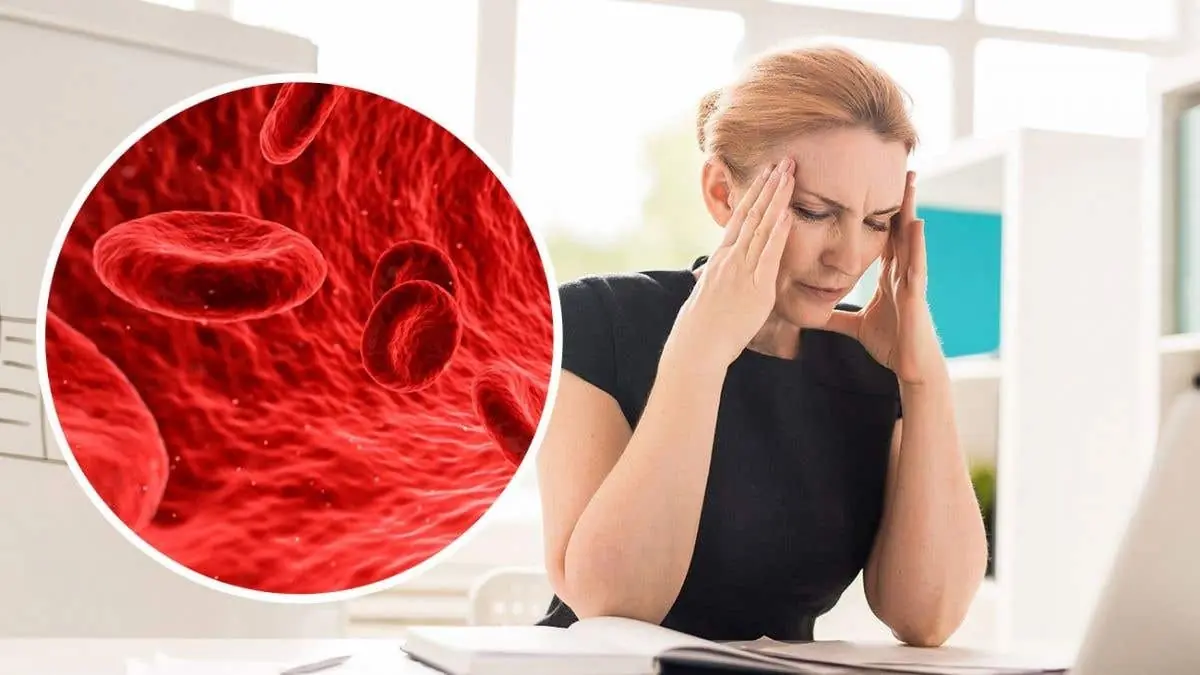
Study Finds People with Certain Blood Type Are Prone to Early Stroke
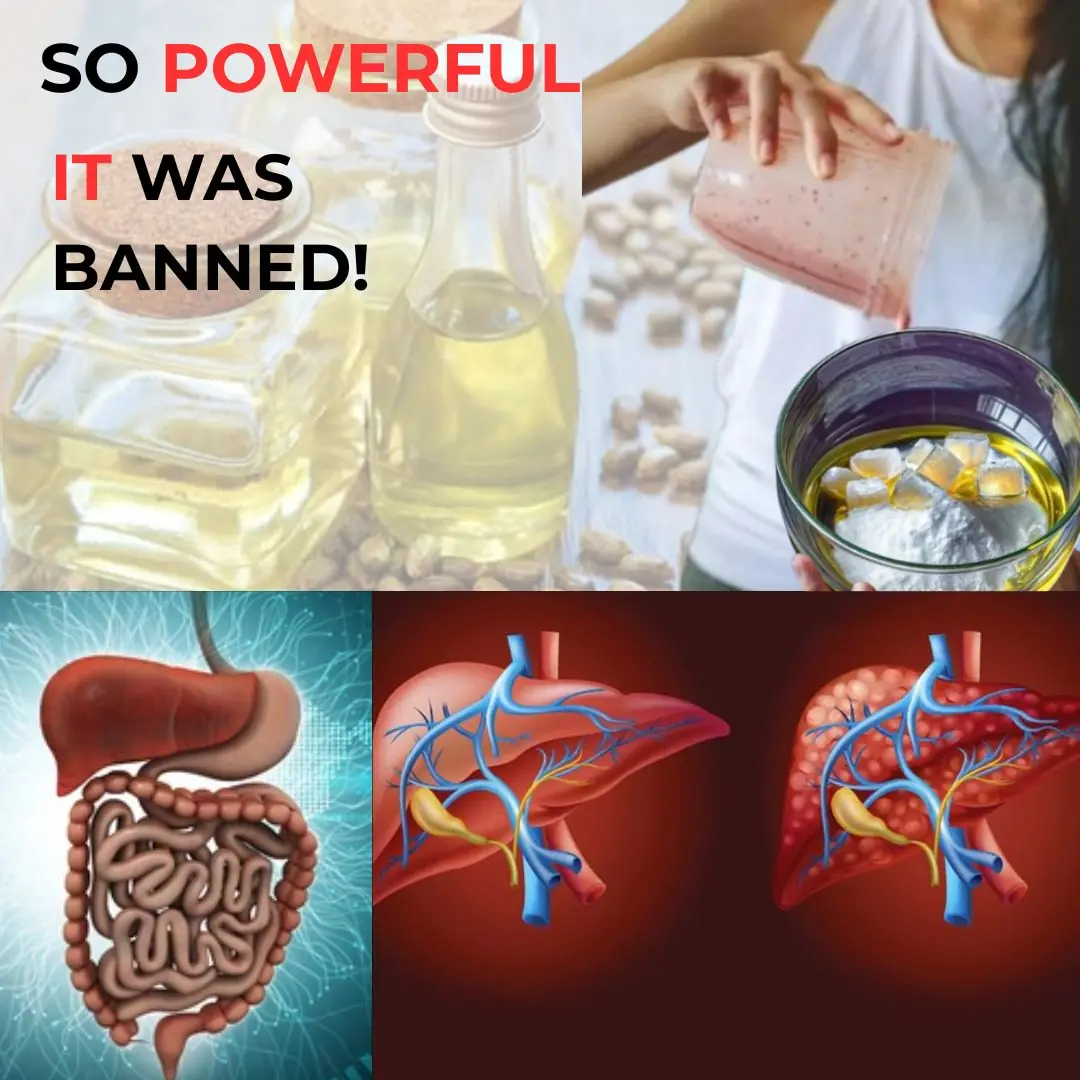
New Castor Oil, Celtic Salt & Baking Soda Detox Changes EVERYTHING! (Must Try!)
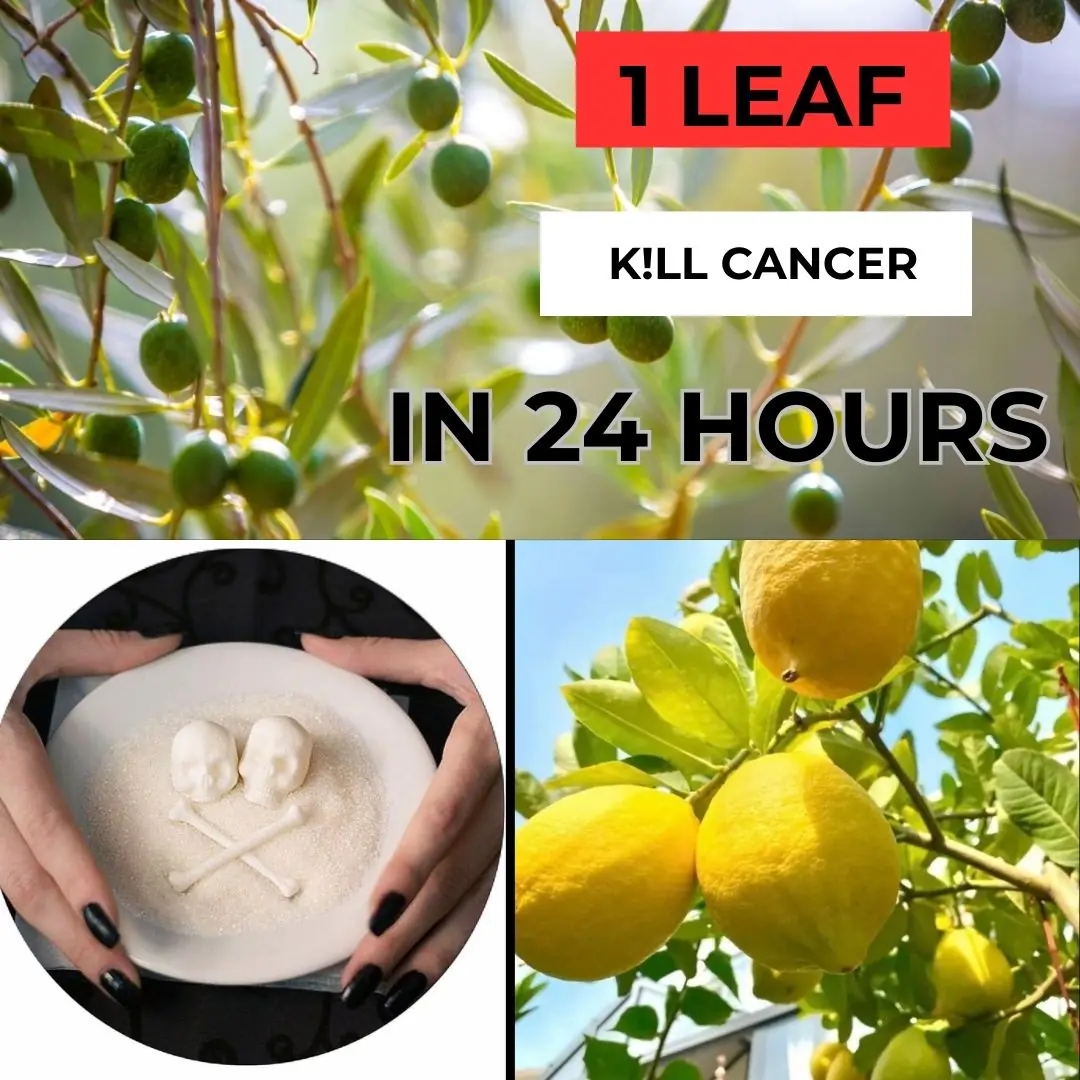
The Cancer Destroying LEAF That Doctors Aren’t Telling You About! Barbara O’Neill SECRET

COVID-19 Surge Again: UK Health Officials Warn of Rising Infections
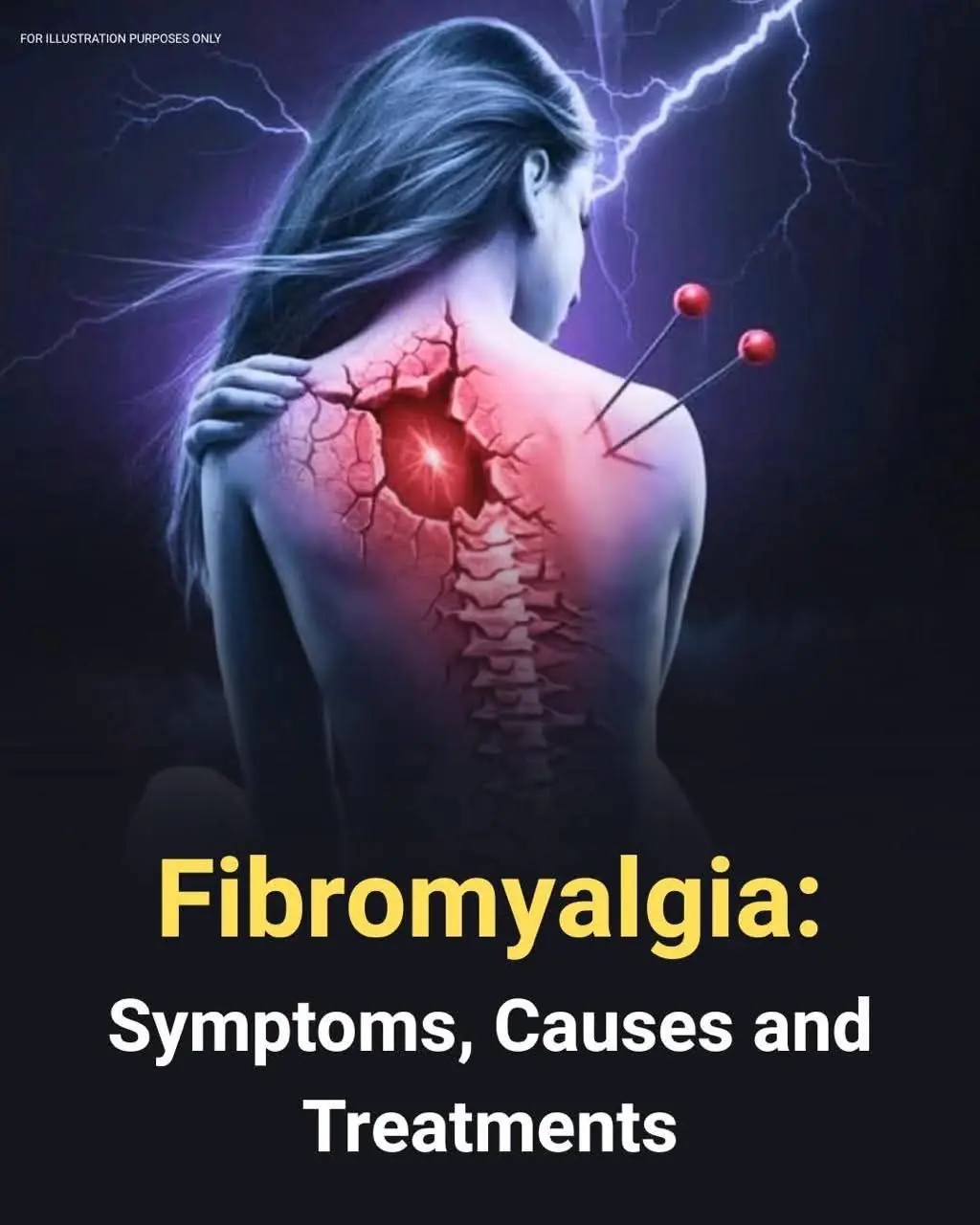
Fibromyalgia: Symptoms and 8 Natural Ways to Manage It
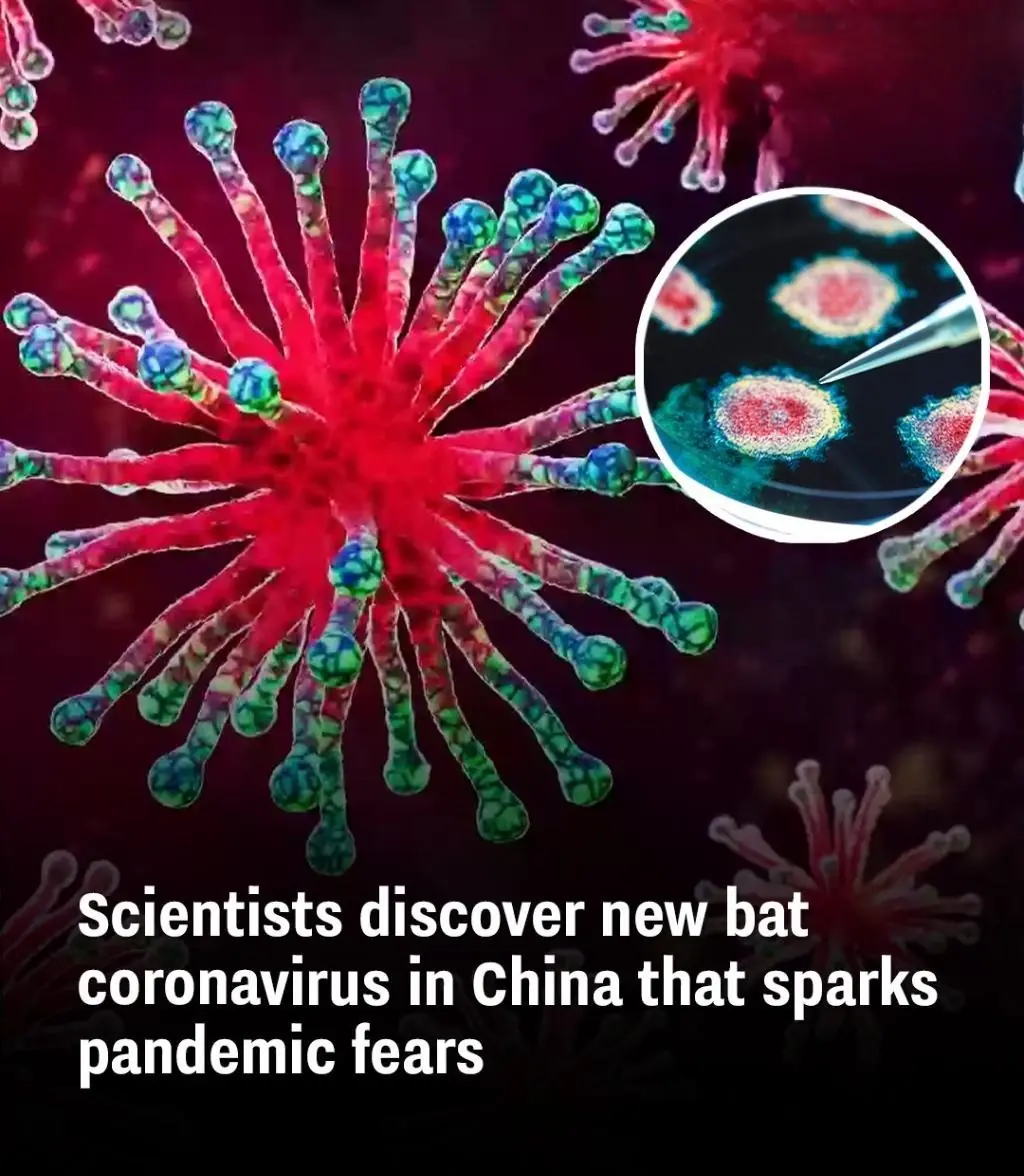
Scientists discover new bat coronavirus in China that sparks pandemic fears

Neuroscientist Shares Insights on Removing ‘Brain Waste’ to Combat Dementia

10 Surprising Turn-Offs Men Might Notice in Women Over 50
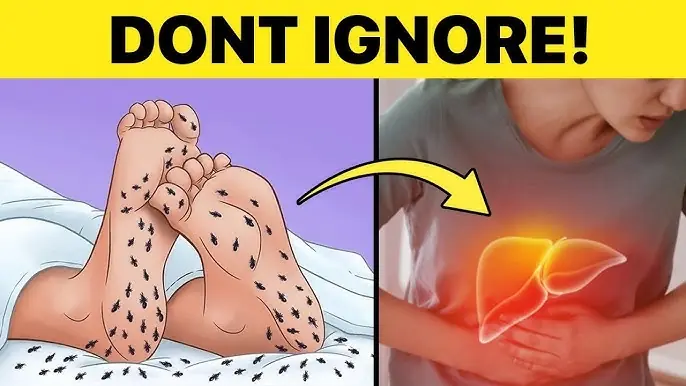
12 Ways Your Feet Are Warning You About Your Liver!

Diet and Uric Acid: Foods to Avoid for Gout Prevention

This Is What Happens To Your Body When You Smoke Weed And Work Out
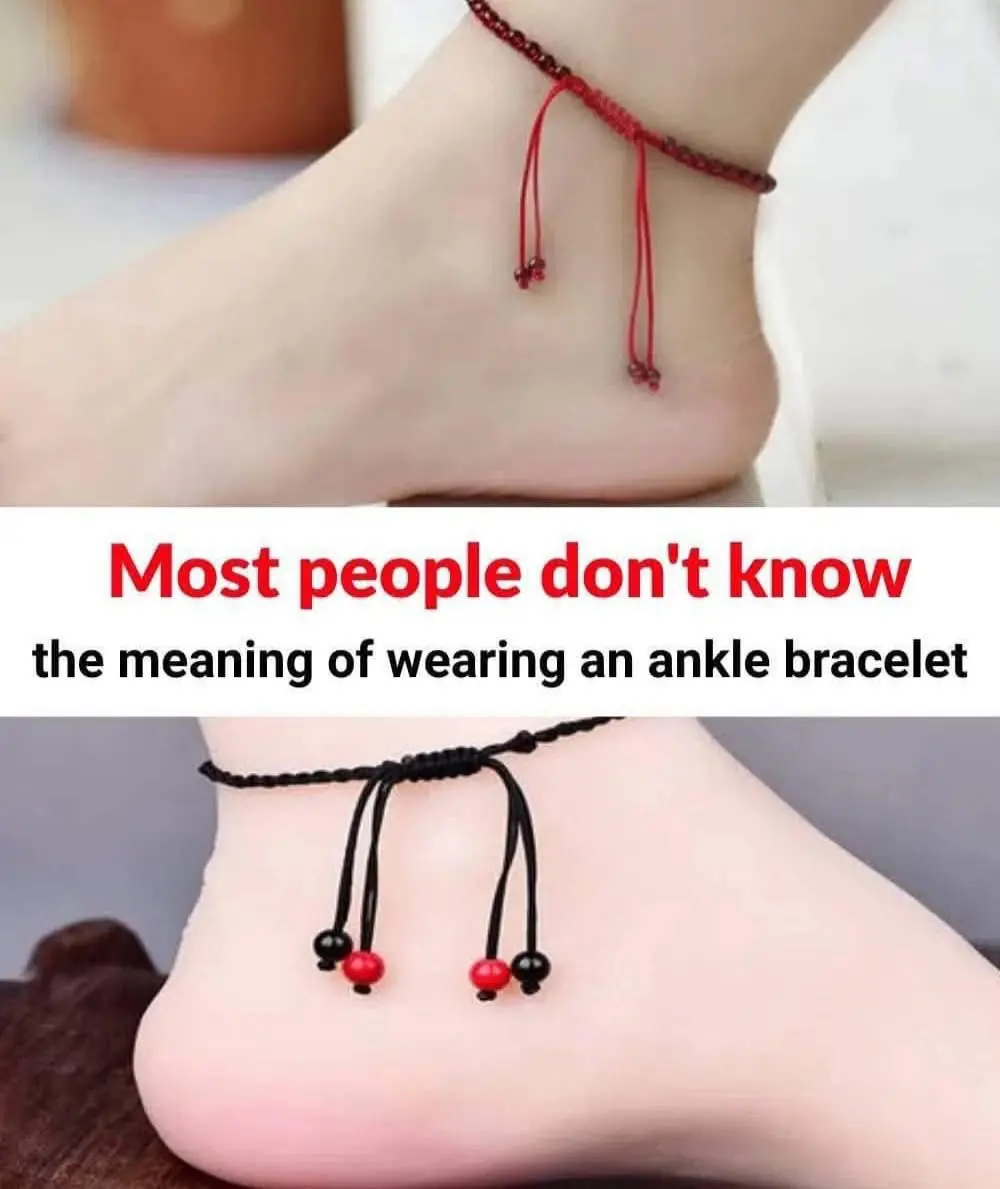
The Hidden Meaning Behind Wearing an Ankle Bracelet—Most People Have No Idea
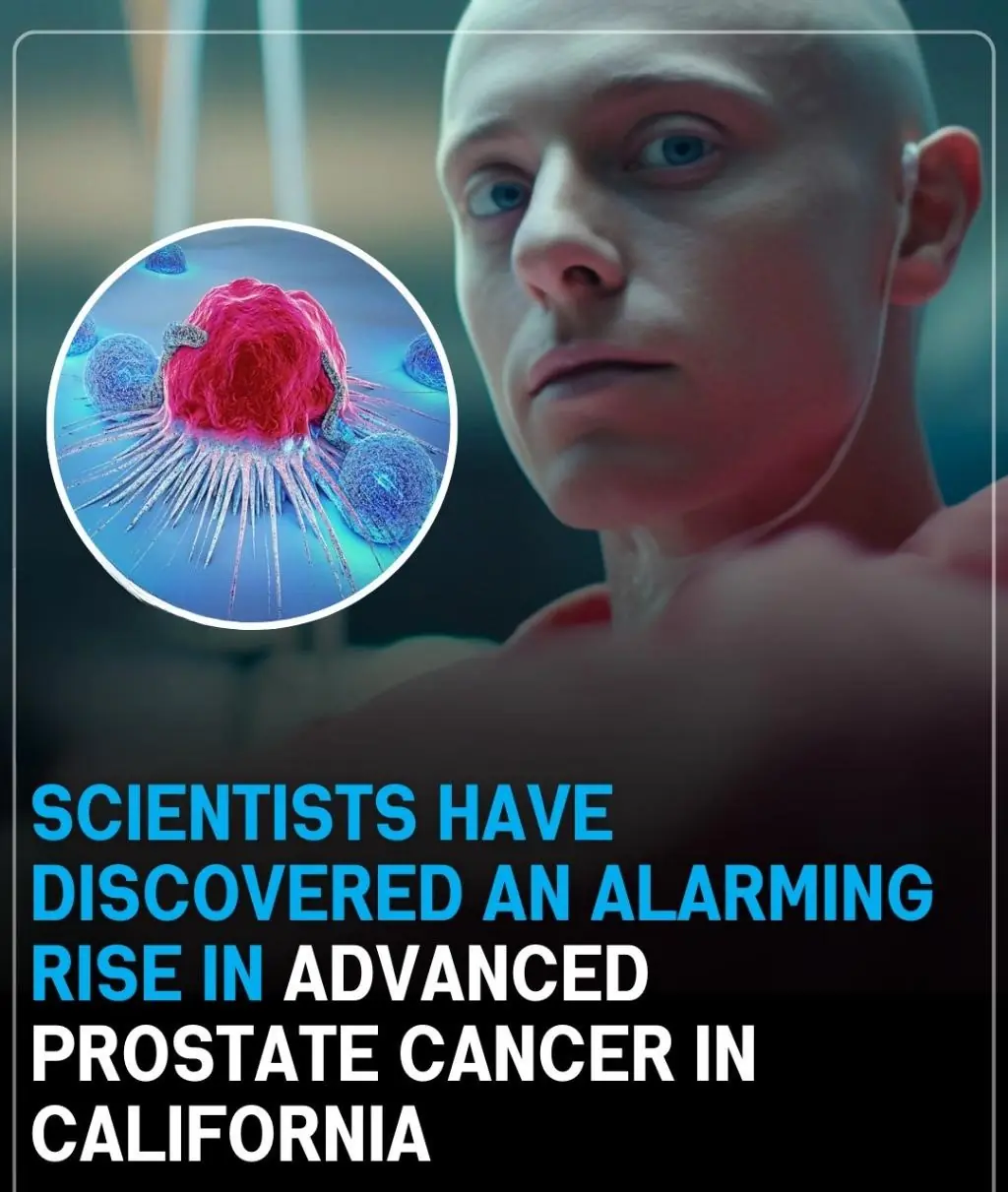
Scientists Have Discovered An Alarming Rise in Advanced Prostate Cancer in California
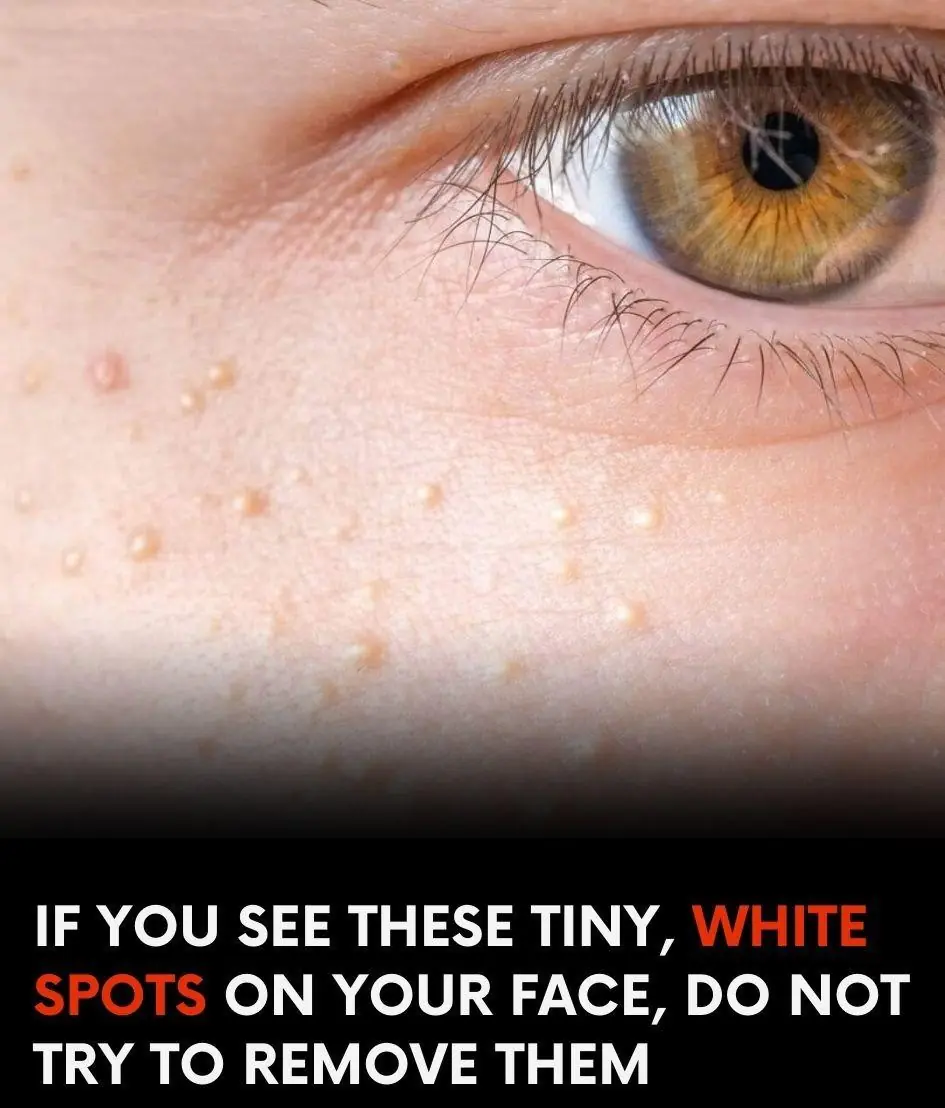
How to Safely Remove Milia
News Post

My Sister Inherited Everything, While My Father Left Me Only a Chessboard, But the Secret It Held Shocked Our Entire Family

I Heard Our Baby Crying While I Was in the Shower & My Wife Was Watching TV – When I Entered His Room, I Screamed in Shock

My Husband Refused to Replace Our Broken Vacuum and Said I Should Sweep Since I'm 'Just on Maternity Leave' — So I Taught Him a Lesson He'll Never Forget

My FIL Got Rid of My Beloved Flower Garden & Dug a Pool for Himself without Permission – But Karma Hit Him Back Harshly

I Came Home to Find My Kids Outside with Packed Bags — It Was the Hardest Day of My Life
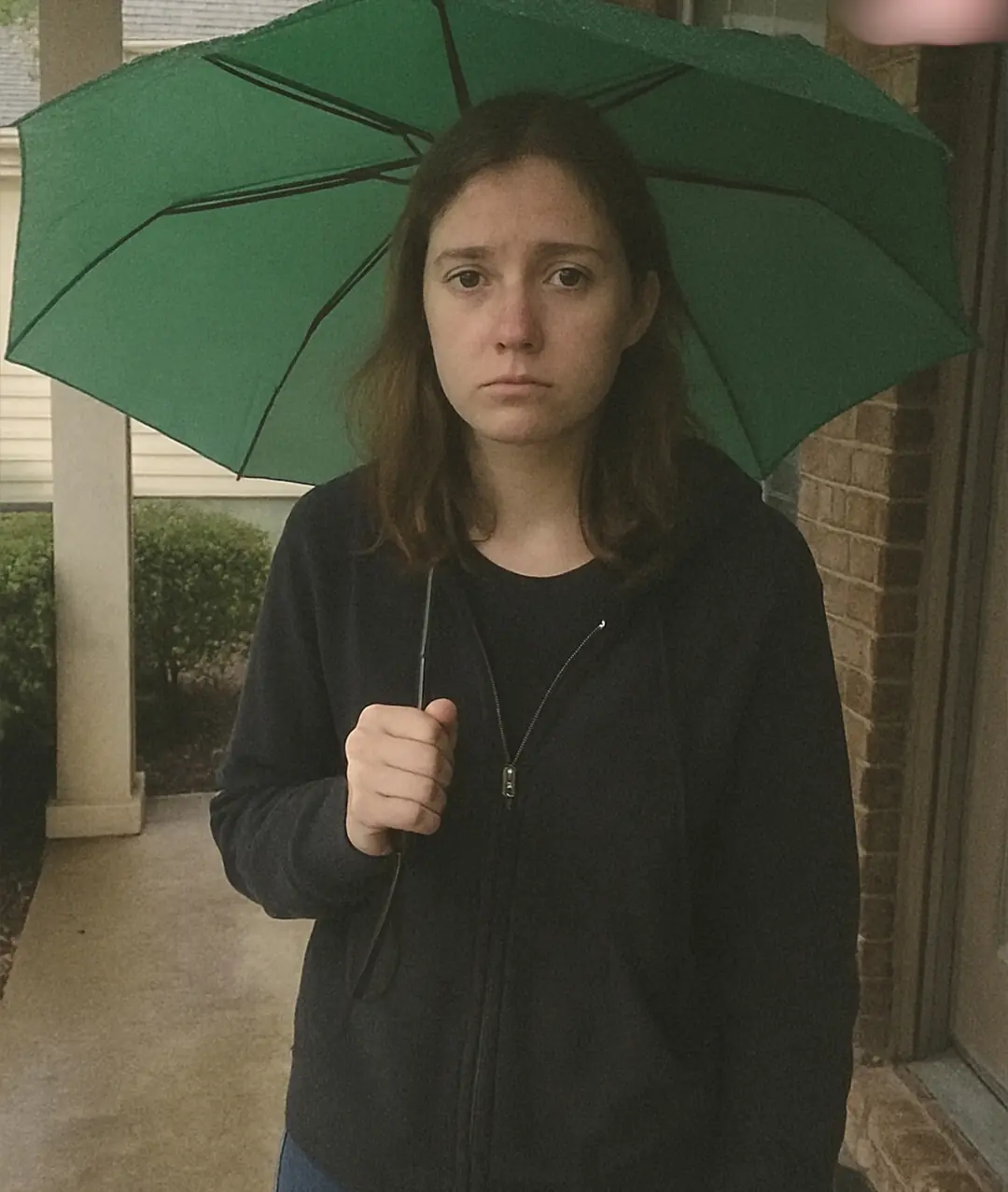
Greedy Brothers Mock Younger Sister Because She Only Inherited an Old Umbrella

My MIL Left Me Everything Instead of Her Own Children, But My Inheritance Came With a Trap

I Showed Up at My Parents' for Easter Only to Find Out My Older Sister Kicked Them Out and Made Them Live in Their Own Garage – It Was Her Biggest Mistake

My MIL 'Accidentally' Dropped My Daughter's Vacation Ticket Out the Window—But Karma Didn't Need My Help

While My Friend Was on a Trip, I Discovered Her Husband Was Cheating and Plotting to Steal Her House, but She Turned on Me Instead

Caution Over Vaping After Teen Develops ‘Popcorn Lung’ Linked to Chemical Exposure

10 Reasons Ramen Noodles Are Bad For You (and How to Make Them Healthy)

101-Year-Old Doctor Is Still Driving, Shares His 7 Tips For A Long Life
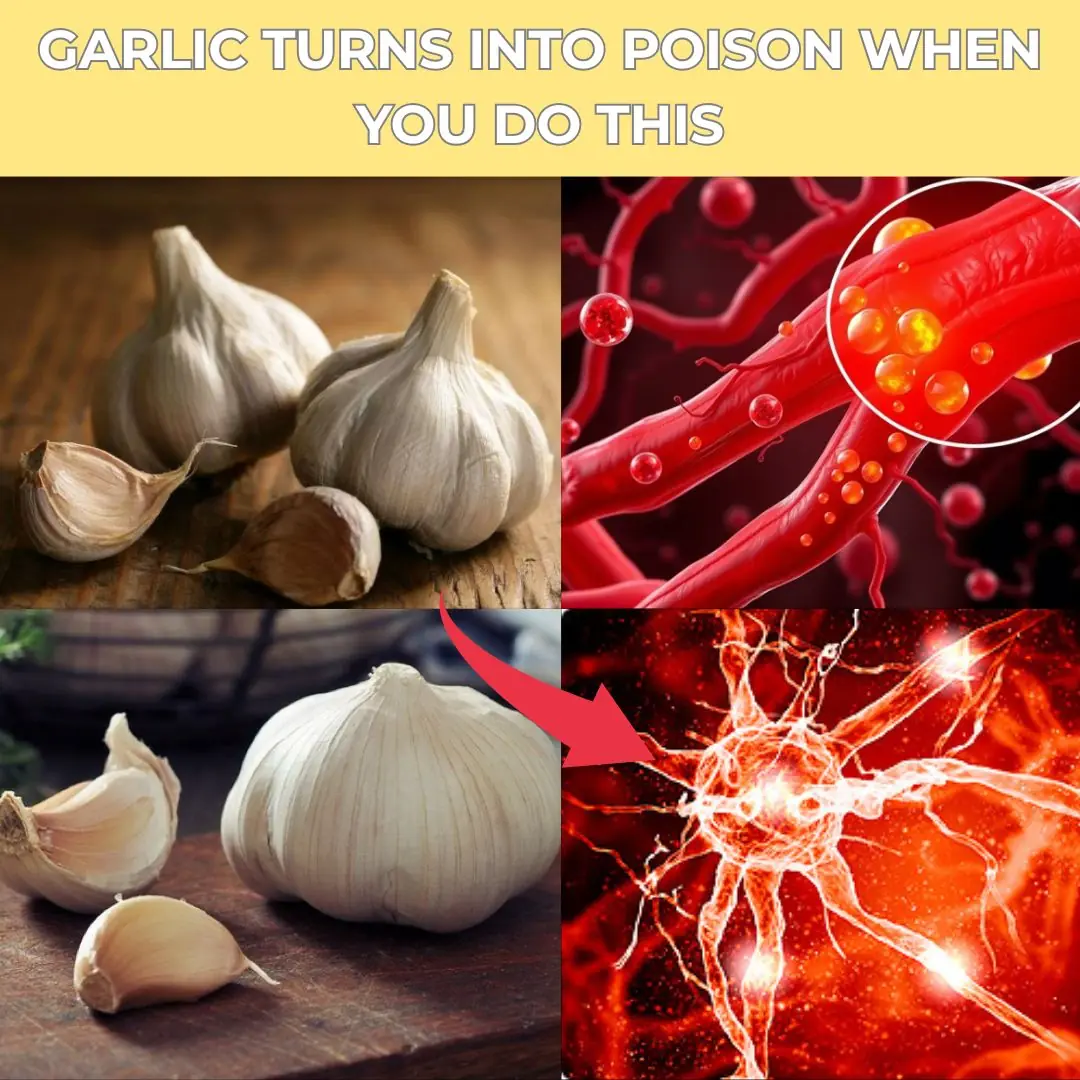
Garlic for Health: Avoid These 6 Common Mistakes
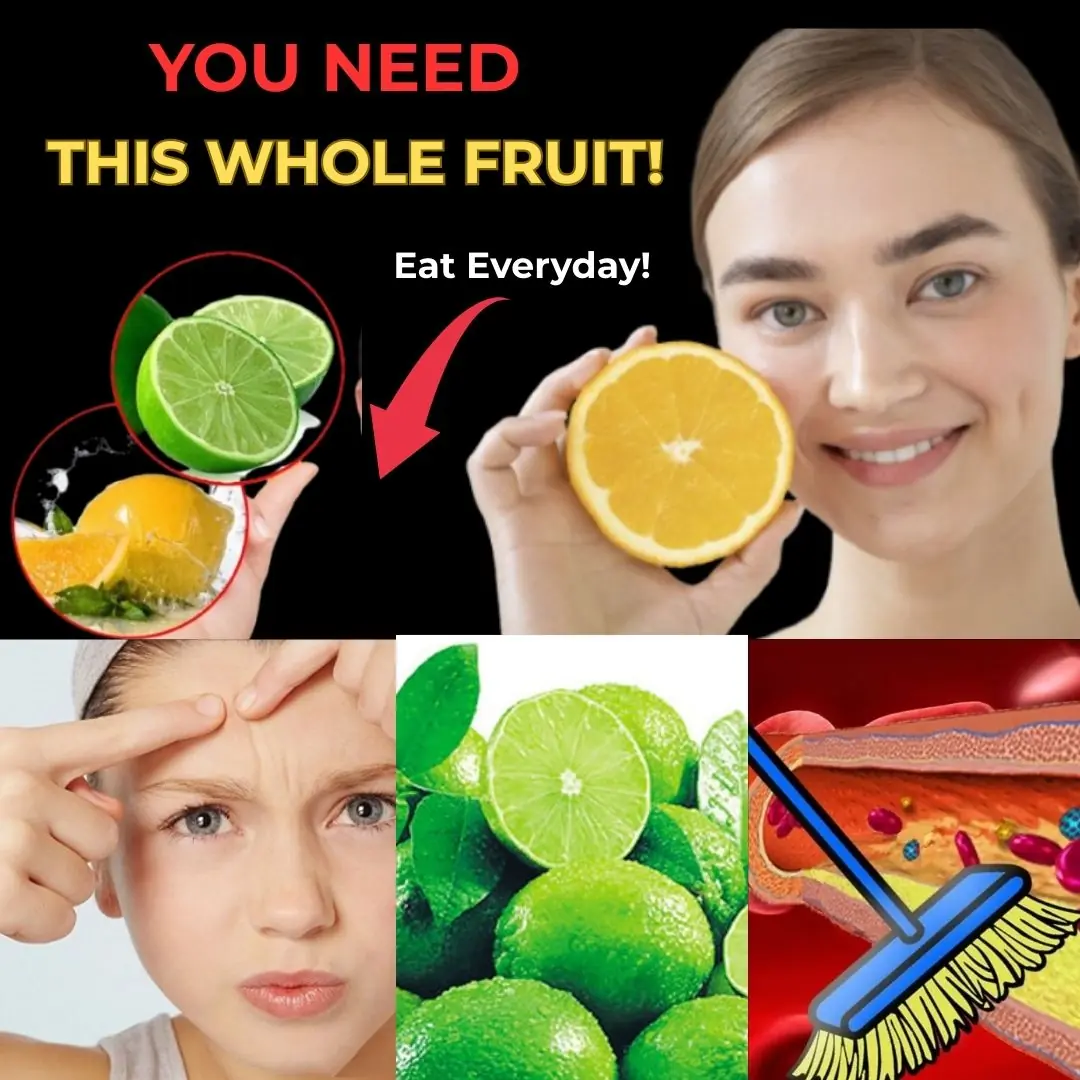
This ONE Lemon Hack Will Change Your Health!

Lab-grown teeth might become an alternative to fillings following research breakthrough

15 Surprising Things Men Say Make Women Seem Older Than They Are

I Set up a Hidden Camera in My Living Room to Catch My Husband Cheating — What I Found Out Instead Shattered Me

My Husband and Best Friend Had an Affair Behind My Back, Then My Mom Told Me to Give Them My Kids
